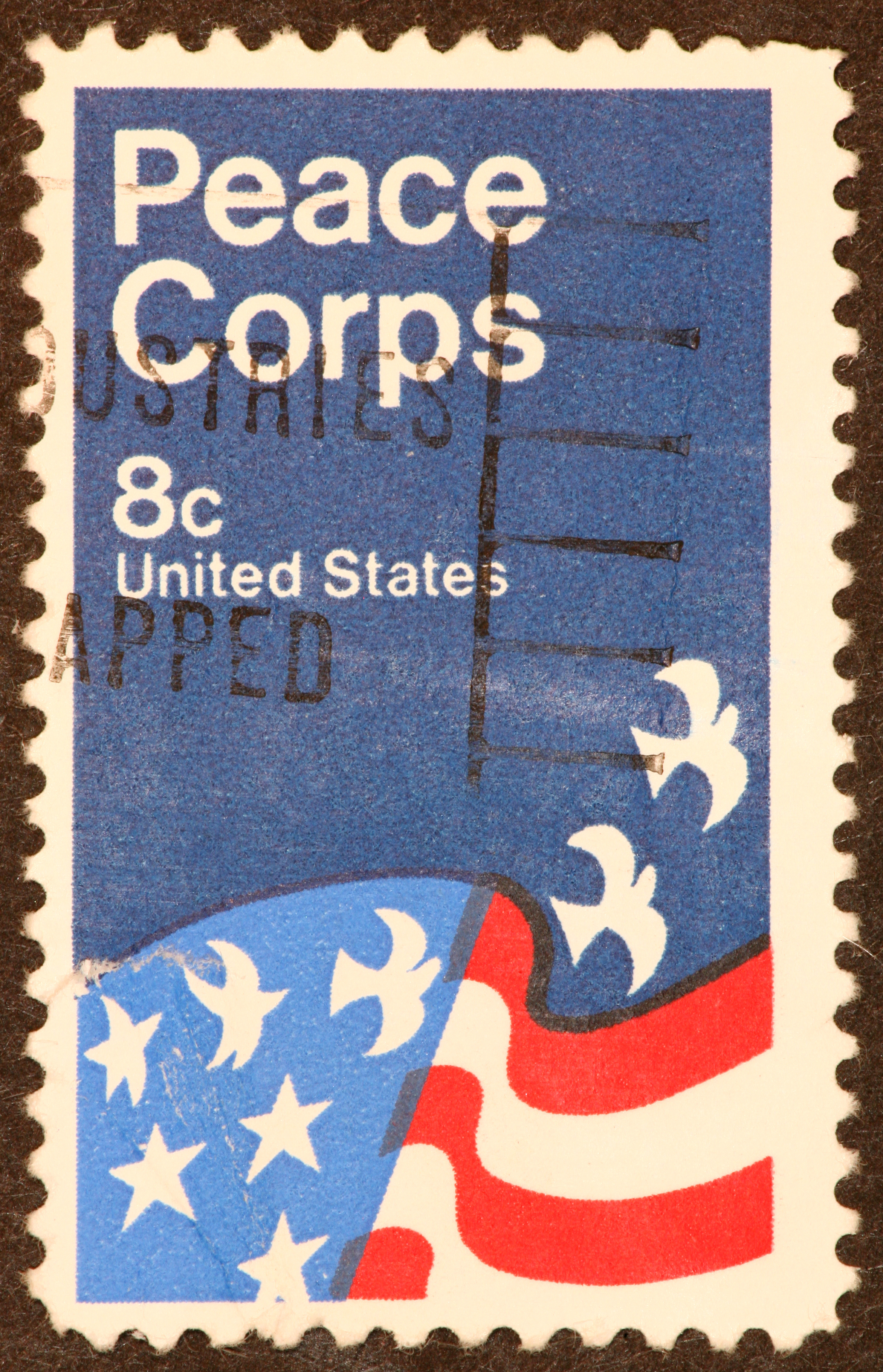
Milstein is chairman, president and CEO of New York Private Bank & Trust.
Our next president is in a unique position—at a critical time—to prepare our next generation of Americans to reach its full potential, while contributing to the prosperity of our country and making our nation safer from international terrorism.
One way to meet these important objectives is an American model of universal national service. All young Americans healthy enough to participate, ages 18 to 22, would serve their country for at least a year in one of many undertakings to strengthen our country—including military service, the Peace Corps or other potential initiatives involving teaching, health and wellness, infrastructure and local and regional security.
During their service, they would be paid and have the opportunity to earn tuition credit for college. They would also be free to choose the public service endeavor they want to pursue.
This program would help to bring our country together. Serving side-by-side, young Americans from different regions, income levels, races, ethnicities and religious beliefs would work in common cause for the betterment of our society while developing a deeper appreciation for the diversity of races, cultures and talents that embody the American mosaic.
While fostering tolerance, compassion and understanding, the friendships that are born will help each young person discover opportunities they might never have known. Serving our country would bridge the gap that often exists between people from different backgrounds, reverse the stratification of our society and present an accessible path for all our young people to succeed in the real world.
American National Service can revitalize the American Dream. Although aspects of what that means have changed over time, the core notion of a meritocracy—that there are opportunities for everyone on a level playing field, with the ability to provide a better way of life for oneself and family—are as vital today as ever. Collectively, we would strengthen America by having every young person committed to our future progress and security.
Previous generations of Americans were required to serve for a higher good. During the Second World War, men and women came together in common cause to defeat an enemy that was looking to enslave the rest of the world. The terrorist enemy we face today is no less committed to our future destruction.
National security experts agree that one of the principal goals of international terrorists is to bring the war to our shores through mass murder, bombings and the possible use of crude nuclear weapons.
Under this American National Service plan, every young American should be trained in basic security awareness and emergency preparedness skills. About three million young Americans would enter national service each year. In a span of ten years, thirty million Americans in every part of the country would be equipped with the skills to recognize and report potential danger, along with the knowledge of how to respond and give basic aid and support to victims should the worst occur.
In the long run, our nation is dependent on the strength of our economy. The terrorists who attacked us on 9/11 were after more than the 2,996 lives they took. They wanted to attack our economy, our values and our spirit. In the immediate aftermath of that heinous act, our economy slowed considerably, reflecting widespread fear and uncertainty.
A successful national service plan would ensure that we will be doing everything possible to prevent and cope with terror, and to provide a level of confidence that is crucial to both psychological and economic resilience.
As we seek to embrace a positive vision for the future of America, it is imperative that we engage our citizenry. America’s greatest resource has always been its people.
More Must-Reads From TIME
- The 100 Most Influential People of 2024
- Coco Gauff Is Playing for Herself Now
- Scenes From Pro-Palestinian Encampments Across U.S. Universities
- 6 Compliments That Land Every Time
- If You're Dating Right Now , You're Brave: Column
- The AI That Could Heal a Divided Internet
- Fallout Is a Brilliant Model for the Future of Video Game Adaptations
- Want Weekly Recs on What to Watch, Read, and More? Sign Up for Worth Your Time
Contact us at letters@time.com